Author Archives: Rustam Lalkaka
Author Archives: Rustam Lalkaka

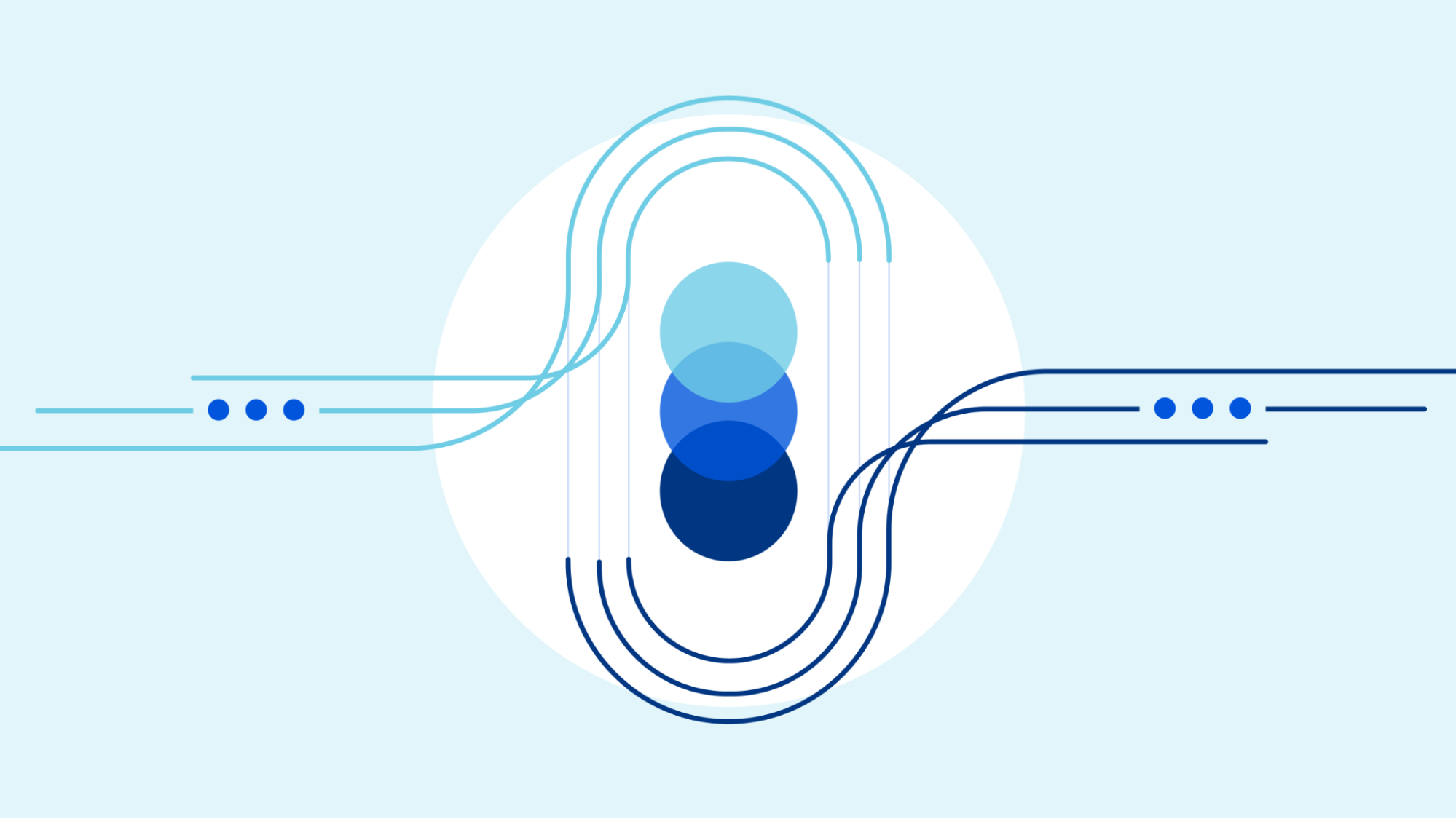
iCloud Private Relay is a new Internet privacy service from Apple that allows users with iOS 15, iPadOS 15, or macOS Monterey on their devices and an iCloud+ subscription, to connect to the Internet and browse with Safari in a more secure and private way. Cloudflare is proud to work with Apple to operate portions of Private Relay infrastructure.
In this post, we’ll explain how website operators can ensure the best possible experience for end users using iCloud Private Relay. Additional material is available from Apple, including “Set up iCloud Private Relay on all your devices”, and “Prepare Your Network or Web Server for iCloud Private Relay” which covers network operator scenarios in detail.
The design of the iCloud Private Relay system ensures that no single party handling user data has complete information on both who the user is and what they are trying to access.
To do this, Private Relay uses modern encryption and transport mechanisms to relay traffic from user devices through Apple and partner infrastructure before sending traffic to the destination website.
Here’s a diagram depicting what connection metadata is available to who when not using Private Relay Continue reading


Cloudflare One helps enterprises build modern enterprise networks, operate efficiently and securely, and throw out on-premise hardware. It’s been more than a year since we announced the product suite, and we wanted to check in on how things are going.
We’re celebrating Chief Information Officers this week. Regardless of the size of their organization, they’ve had a challenging year. Overnight, their teams became responsible for years of digital transformation to prepare their networks and users to support work-from-home and to adopt new technologies. They worked with partners across security, engineering, and people teams to keep their critical infrastructure running.
Today, we want to focus on the problems that CIOs have been able to solve with Cloudflare One in the last year. Customers are using Cloudflare One at a scale we couldn’t have imagined a year ago to solve interesting problems that we didn't know existed yet. We’ll walk through some specific use cases later in the post, but first, let’s recap why we built Cloudflare One, what problems it solves, and some of the new things we’re launching this week.
Cloudflare One allows companies to purchase, provision, and manage connectivity, security, and analytics tools needed Continue reading
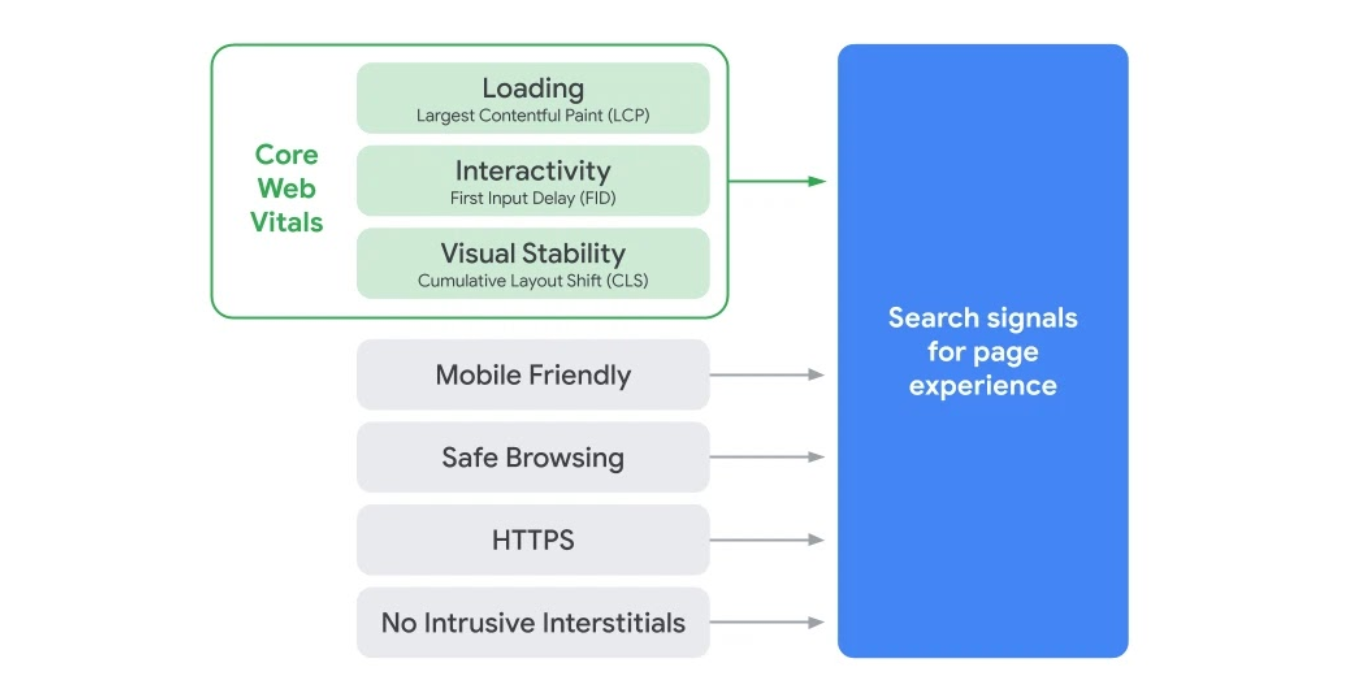
Making things fast is one of the things we do at Cloudflare. More responsive websites, apps, APIs, and networks directly translate into improved conversion and user experience. On November 10th, Google announced that Google Search will directly take web performance and page experience data into account when ranking results on their search engine results pages (SERPs), beginning in May 2021.
Specifically, Google Search will prioritize results based on how pages score on Core Web Vitals, a measurement methodology Cloudflare has worked closely with Google to establish, and we have implemented support for in our analytics tools.

The Core Web Vitals metrics are Largest Contentful Paint (LCP, a loading measurement), First Input Delay (FID, a measure of interactivity), and Cumulative Layout Shift (CLS, a measure of visual stability). Each one is directly associated with user perceptible page experience milestones. All three can be improved using our performance products, and all three can be measured with our Cloudflare Browser Insights product, and soon, with our free privacy-aware Cloudflare Web Analytics.
SEO experts have always suspected faster pages lead to better search ranking. With the recent announcement from Continue reading

Running a secure enterprise network is really difficult. Employees spread all over the world work from home. Applications are run from data centers, hosted in public cloud, and delivered as services. Persistent and motivated attackers exploit any vulnerability.
Enterprises used to build networks that resembled a castle-and-moat. The walls and moat kept attackers out and data in. Team members entered over a drawbridge and tended to stay inside the walls. Trust folks on the inside of the castle to do the right thing, and deploy whatever you need in the relative tranquility of your secure network perimeter.
The Internet, SaaS, and “the cloud” threw a wrench in that plan. Today, more of the workloads in a modern enterprise run outside the castle than inside. So why are enterprises still spending money building more complicated and more ineffective moats?
Today, we’re excited to share Cloudflare One™, our vision to tackle the intractable job of corporate security and networking.

Cloudflare One combines networking products that enable employees to do their best work, no matter where they are, with consistent security controls deployed globally.
Starting today, you can begin replacing traffic backhauls to security appliances with Cloudflare WARP and Gateway to filter Continue reading
Three vulnerabilities were disclosed as Cache Poisoning Denial of Service attacks in a paper written by Hoai Viet Nguyen, Luigi Lo Iacono, and Hannes Federrath of TH Köln - University of Applied Sciences. These attacks are similar to the cache poisoning attacks presented last year at DEFCON.
Most customers do not have to take any action to protect themselves from the newly disclosed vulnerabilities. Some configuration changes are recommended if you are a Cloudflare customer running unpatched versions of Microsoft IIS and have request filtering enabled on your origin or b) have forced caching of HTTP response code 400 through the use of page rules or Cloudflare Workers.
We have not seen any attempted exploitation of the vulnerabilities described in this paper.
Maintaining the integrity of our content caching infrastructure and ensuring our customers are able to quickly and reliably serve the content they expect to their visitors is of paramount importance to us. In practice, Cloudflare ensures caches serve the content they should in two ways:

Today we’re excited to announce Cloudflare Magic Transit. Magic Transit provides secure, performant, and reliable IP connectivity to the Internet. Out-of-the-box, Magic Transit deployed in front of your on-premise network protects it from DDoS attack and enables provisioning of a full suite of virtual network functions, including advanced packet filtering, load balancing, and traffic management tools.

Magic Transit is built on the standards and networking primitives you are familiar with, but delivered from Cloudflare’s global edge network as a service. Traffic is ingested by the Cloudflare Network with anycast and BGP, announcing your company’s IP address space and extending your network presence globally. Today, our anycast edge network spans 193 cities in more than 90 countries around the world.
Once packets hit our network, traffic is inspected for attacks, filtered, steered, accelerated, and sent onward to the origin. Magic Transit will connect back to your origin infrastructure over Generic Routing Encapsulation (GRE) tunnels, private network interconnects (PNI), or other forms of peering.
Enterprises are often forced to pick between performance and security when deploying IP network services. Magic Transit is designed from the ground up to minimize these trade-offs: performance and security are better together. Magic Transit deploys IP security Continue reading


Welcome to Speed Week! Each day this week, we’re going to talk about something Cloudflare is doing to make the Internet meaningfully faster for everyone.
Cloudflare has built a massive network of data centers in 180 cities in 75 countries. One way to think of Cloudflare is a global system to transport bits securely, quickly, and reliably from any point A to any other point B on the planet.
To make that a reality, we built Argo. Argo uses real-time global network information to route around brownouts, cable cuts, packet loss, and other problems on the Internet. Argo makes the network that Cloudflare relies on—the Internet—faster, more reliable, and more secure on every hop around the world.
We launched Argo two years ago, and it now carries over 22% of Cloudflare’s traffic. On an average day, Argo cuts the amount of time Internet users spend waiting for content by 112 years!
As Cloudflare and our traffic volumes have grown, it now makes sense to build our own private backbone to add further security, reliability, and speed to key connections between Cloudflare locations.
Today, we’re introducing the Cloudflare Global Private Backbone. It’s been in operation for a while now and links Continue reading

We’re excited to announce early access for Traffic Acceleration with Cloudflare Mobile SDK. Acceleration uses novel transport algorithms built into the SDK to accelerate apps beyond the performance they would see with TCP. Enabling Acceleration through the SDK reduces latency, increases throughput, and improves app user experiences.
A year ago, we launched Cloudflare Mobile SDK with a set of free features focused on measuring mobile app networking performance. Apps are dependent on network connectivity to deliver their app’s user experiences, but developers have limited visibility into how network connectivity is impacting app performance. Integrating the Mobile SDK allows developers to measure and improve the speed of their app’s network interactions.
Mobile applications interact with the Internet to do everything — to fetch the weather, your email, to step through a check out flow. Everything that makes a smartphone magical is powered by a service on the Internet. How quickly those network interactions happen is dictated by two things: how large the payloads are for the given request/response, and what the available link bandwidth is.
Payload size is mostly application specific: a shopping app is going to request product images and similar medium sized assets, while a stock Continue reading
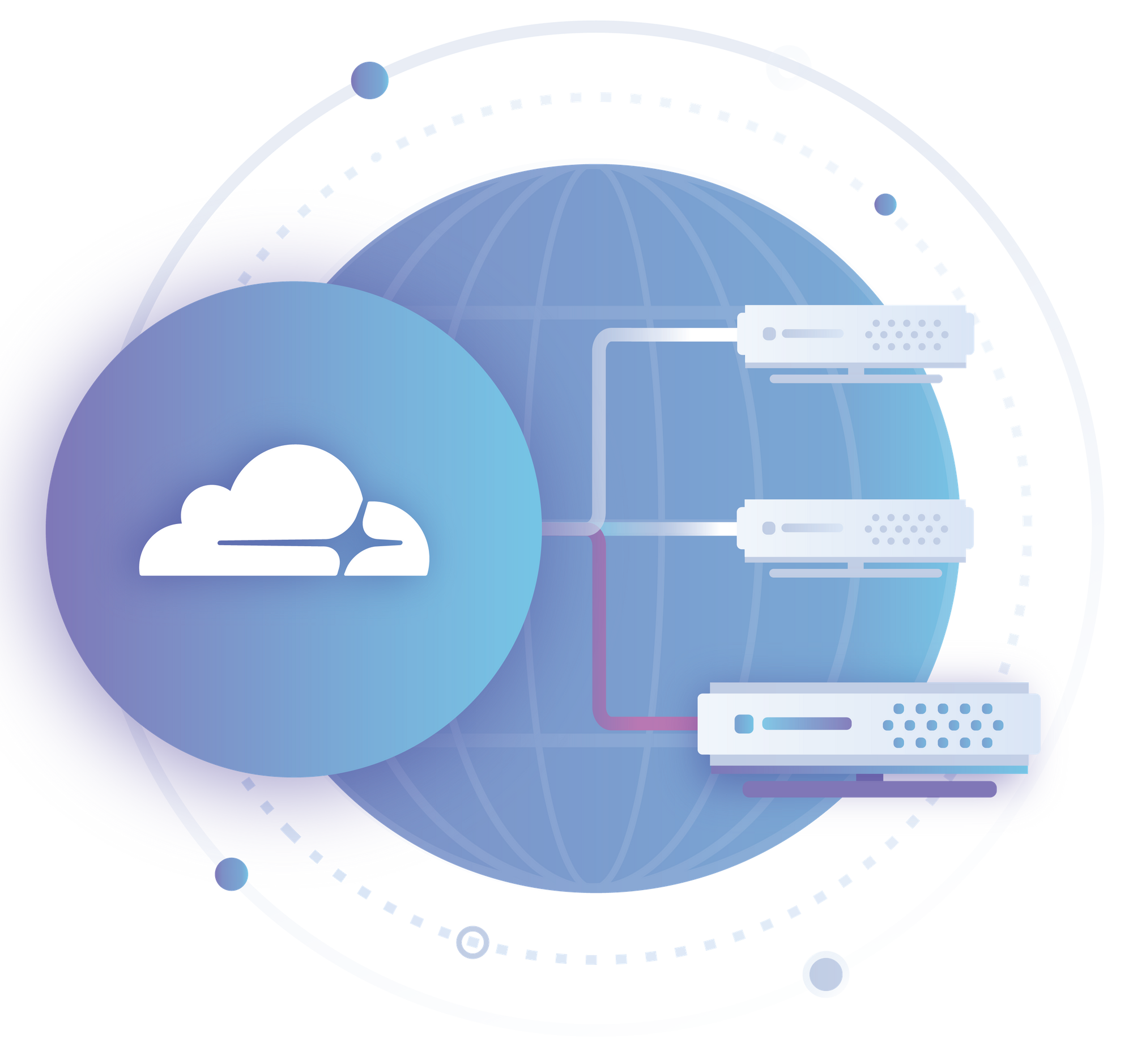

We’re excited to announce the full integration of Cloudflare Spectrum with Load Balancing. Combining Spectrum with Load Balancing enables traffic management of TCP connections utilising the same battle tested Load Balancer our customers already use for billions of HTTP requests every day.
Customers can configure load balancers with TCP health checks, failover, and steering policies to dictate where traffic should flow. This is live in the Cloudflare dashboard and API — give it a shot!
You can now configure Cloudflare’s Load Balancer health checks to probe any TCP port for an accepted connection. This is in addition to the existing HTTP and HTTPS options.
Health checks are an optional feature within Cloudflare’s Load Balancing product. Without health checks, the Cloudflare Load Balancer will distribute traffic to all origins in the first pool. While this is in itself useful, adding a health check to a Load Balancer provides additional functionality.
With a health check configured for a pool in a Load Balancer, Cloudflare will automatically distribute traffic within a pool to any origins that are marked up by the health check. Unhealthy origins will be dropped automatically. This allows for intelligent failover both within a pool and amongst Continue reading
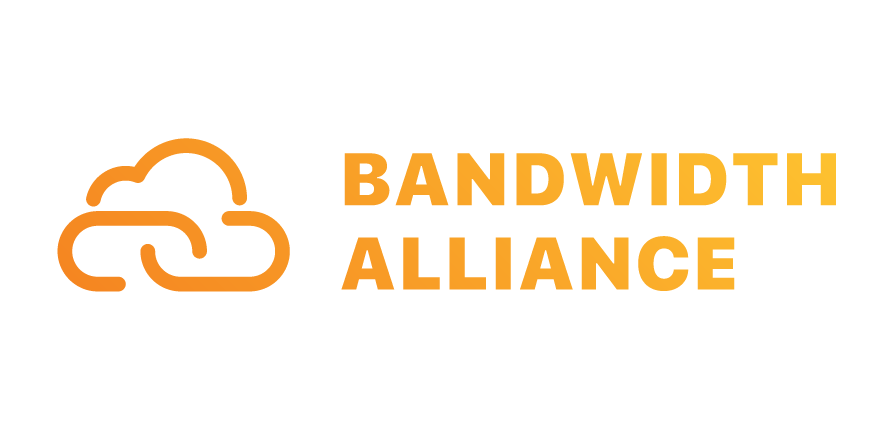
Today, we’re excited to announce the launch of the Bandwidth Alliance, a group of cloud providers that have agreed to reduce data transfer fees for mutual customers.

Three things were required to make the Bandwidth Alliance a reality:
Typically, as traffic moves across the Internet, packets are exchanged between multiple networks as they Continue reading


If your app loads critical resources over the network, it's relying on your user's mobile network connection to deliver an engaging experience. Network errors occur in 3 to 12% of app sessions depending on infrastructure reliability and user geography.
How much engagement are you losing in your app to network errors? Chances are, you don't know.
We didn't either, until we built a free tool that helps Android and iOS developers visualize and understand their mobile app's network utilization.
Our SDK helps you identify slowdowns caused by balky or too frequent network calls, so you can focus your development effort on optimizing the lowest-hanging fruit.
Modern app developers already heavily instrument their apps to identify UX impacting events: they measure and collect launch time, session length, crash rates, conversion events, and lots more, using a multitude of different metrics packages and services.
Web developers look at similar data. They also pay tons of attention to their resource waterfall, mapping their critical rendering path, and understanding which resource loads are synchronous, which are not, and which block rendering. JavaScript even exposes an API to collect waterfalls in the browser programmatically.
It's time to bring the same visibility Continue reading
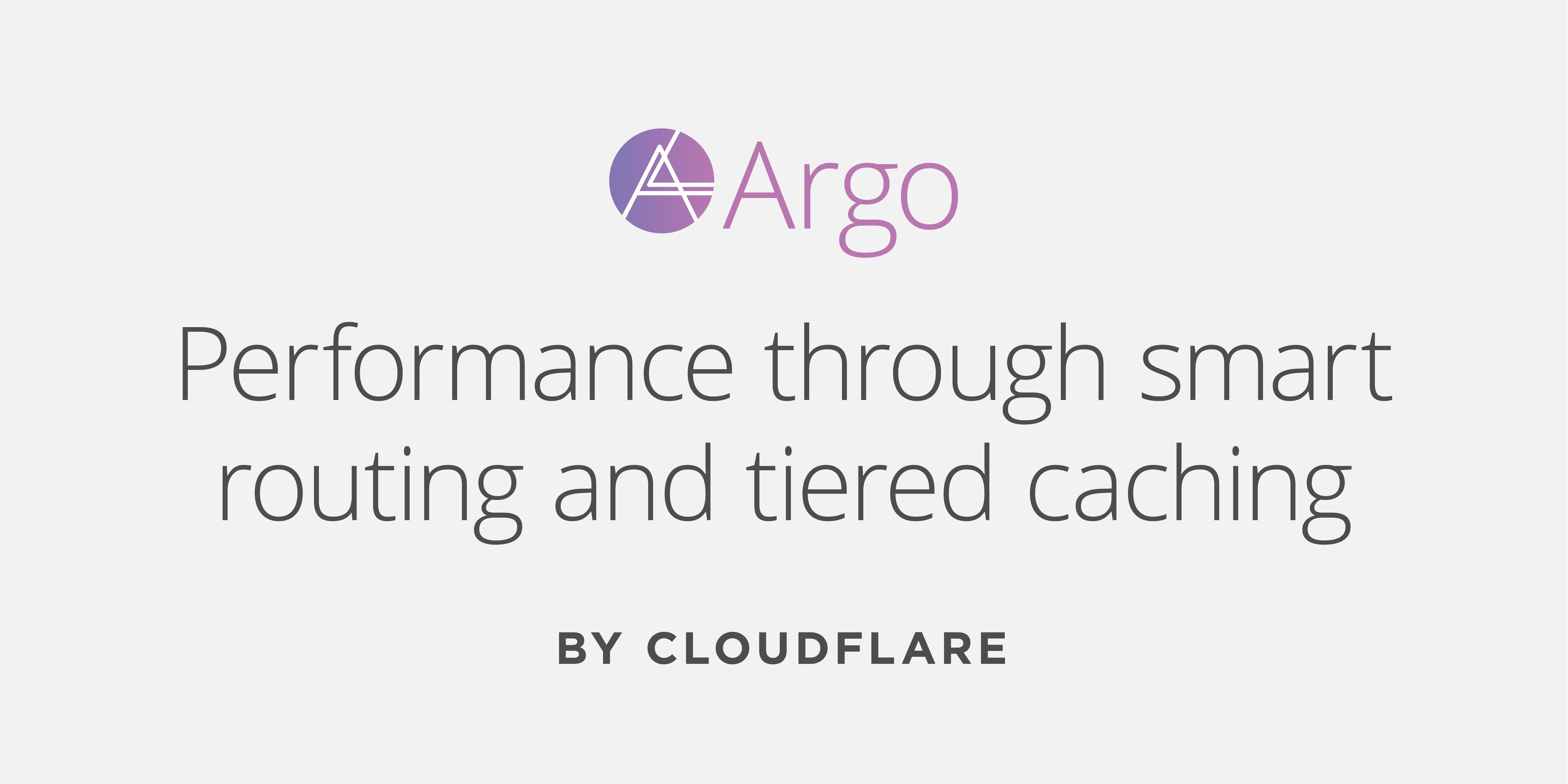
The Internet is inherently unreliable, a collection of networks connected to each other with fiber optics, copper, microwaves and trust. It’s a magical thing, but things on the Internet break all the time; cables get cut, bogus routes get advertised, routers crash. Most of the time, these failures are noticed but inexplicable to the average user — ”The Internet is slow today!” — frustrating user experiences as people go about their lives on the Internet.

Today, to fix all of this, Cloudflare is launching Argo, a “virtual backbone” for the modern Internet. Argo analyzes and optimizes routing decisions across the global Internet in real-time. Think Waze, the automobile route optimization app, but for Internet traffic.
Just as Waze can tell you which route to take when driving by monitoring which roads are congested or blocked, Argo can route connections across the Internet efficiently by avoiding packet loss, congestion, and outages.
Cloudflare’s Argo is able to deliver content across our network with dramatically reduced latency, increased reliability, heightened encryption, and reduced cost vs. an equivalent path across the open Internet. The results are impressive: an average 35% decrease in latency, a 27% decrease in connection errors, and a 60% Continue reading